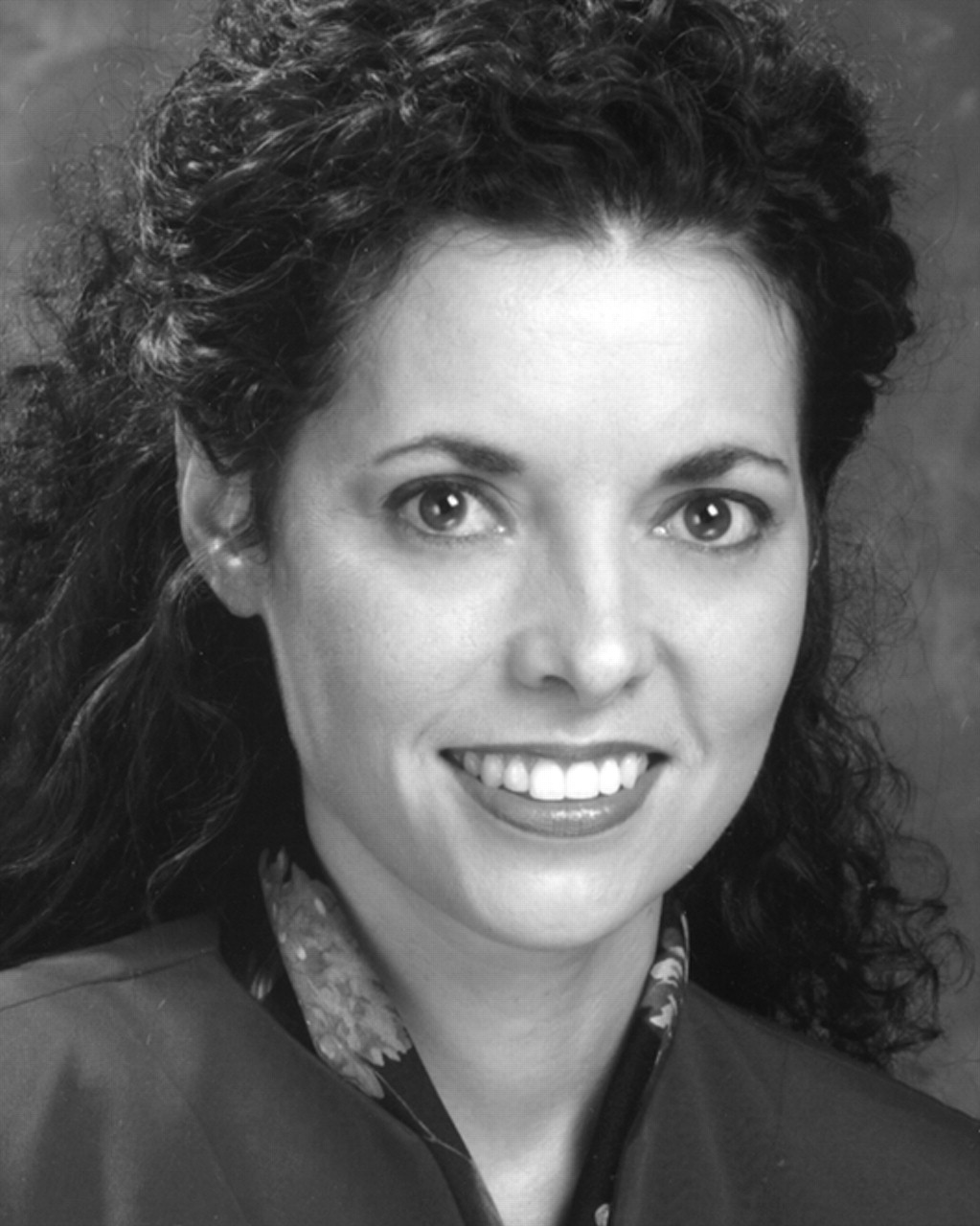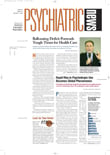One of the greatest joys of my life has been becoming a mother. My daughter, Briana, now 14 months old, has endured the rigors of my nearly once-weekly in-house call schedule at Georgetown University while I was completing my adult training and my less frequent home-call now that I am a child/adolescent fellow at Children's National Medical Center in Washington, D.C. Despite this, she is growing into a healthy toddler who is in love with the world.
Many women now have the option to manage family life and work responsibilities, thanks to decades of trail-blazing women who became doctors, lawyers, scientists, executives, and other professionals. Many women today are designing new work options, working part time, taking extended leaves of absence, and devising creative schedules to improve the quality and quantity of time with family.
I was fortunate to be able to take some time off during my residency at Georgetown to attend to my daughter when we needed to hire a new nanny. Likewise, I was afforded flexibility in my start date at Children's National Medical Center and able to negotiate a schedule with slightly reduced hours to have more time at home with my family at the end of the day.
Extended years of study, particularly for women like me who had careers before medical school, often lead to postponing having a family. I was nearing the end of my “healthy reproductive years” when I married during internship. My husband, Mark, and I decided to begin a family then instead of waiting until risks of infertility and genetic problems might be higher. In doing so, that meant having to work through long call nights while pregnant, returning to work postpartum sooner than I might have had I already been out of training, and leaving Briana for extended periods when I was on call.
Despite struggling with intermittent ambivalence about returning to work while Briana is still so young, I am fortunate to be in child/adolescent psychiatry. Learning about normal development, I believe, helps me be a better parent. Like many other working mothers, I strive to keep my family my first priority—by saying “no” to requests to speak at conferences or take on new responsibilities, and stepping down from participation on a board with which I've been involved for several years. Fortunately, I was also able to complete my fellowship on a part-time basis, with supervisors and instructors who are committed to teaching and supportive of my needs as a parent.
My husband, who is actively involved in Briana's life, has been a partner in helping me achieve my goals—often saying encouraging words like,“ You've come so far through medical school and residency—there's just a couple of years to go.” He too has made sacrifices that have allowed him to spend more time at home. Last year he turned down a promotion to avoid having to work late hours and weekends and travel. Since he works near our home, he has taken over some of the household responsibilities so that I can spend time after work with Briana. In the evenings when I was on call, they would join me at Georgetown for dinner and playtime before Briana's bedtime. Hiring a daytime nanny/housekeeper to do laundry and light cooking as well as child care also provides more support to improve our quality time together.
Of course, Briana has had to experience the ever-watchful eye of the“ doctor mom” who feared Briana was going to have every child psychiatric problem ever proposed for the DSM. For the first year, I read books by Penelope Leach, Terry Brazelton, William Sears, Stanley Greenspan, and others, as well as numerous articles, hoping to learn everything I could to “do the right thing” as a parent. I thought that somehow I could help prevent future disability and promote development. Maybe it's true what my father told me years ago when I became the first person in my family to attend college—“You're going to learn too much for your own good.”
Fortunately, children are resilient. With a “good enough” caretaker and a loving, nurturing environment, children survive even the most neurotic first-time parents. Briana is a social little girl—smiling, chattering, and running around the house. She first said “Mama” discriminately on Mother's Day—her first word at nine months. She has a mind of her own and communicates exactly what she likes and dislikes. She points and “talks” about who or what she sees. She especially enjoys music and animals. To my delight as a budding child psychiatrist, her pediatrician has pronounced her “securely attached”—with me working diligently to maintain myself as her primary attachment figure.
Daily at Children's National Medical Center, I help parents of children with much more chaotic home lives, working women who are single parents of multiple children, and families with limited resources. These encounters make me appreciate all the advantages that Briana and I have—a loving husband and father, a family-friendly work environment, a nurturing caregiver, and a special mother-daughter bond. That all families have these advantages is my wish.
If you are a member-in-training who has had a baby during residency and is interested in setting up a support group/chat site for other residents, please e-mail me at [email protected].▪

